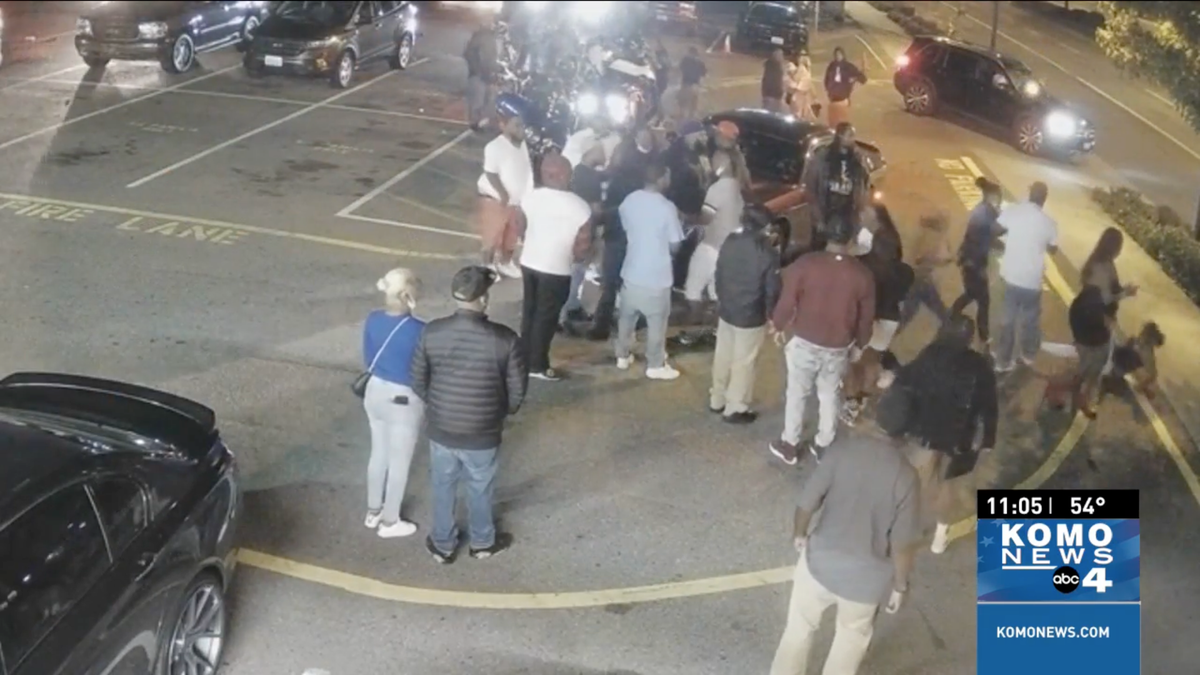- cross-posted to:
- techtakes@awful.systems
- cross-posted to:
- techtakes@awful.systems
A judge in Washington state has blocked video evidence that’s been “AI-enhanced” from being submitted in a triple murder trial. And that’s a good thing, given the fact that too many people seem to think applying an AI filter can give them access to secret visual data.



None of your examples are creating new legitimate data from the whole cloth. They’re just making details that were already there visible to the naked eye. We’re not talking about taking a giant image that’s got too many pixels to fit on your display device in one go, and just focusing on a specific portion of it. That’s not the same thing as attempting to interpolate missing image data. In that case the data was there to begin with, it just wasn’t visible due to limitations of the display or the viewer’s retinas.
The original grid of pixels is all of the meaningful data that will ever be extracted from any image (or video, for that matter).
Your wedding photographer’s picture actually throws away color data in the interest of contrast and to make it more appealing to the viewer. When you fiddle with the color channels like that and see all those troughs in the histogram that make it look like a comb? Yeah, all those gaps and spikes are actually original color/contrast data that is being lost. There is less data in the touched up image than the original, technically, and if you are perverse and own a high bit depth display device (I do! I am typing this on a machine with a true 32-bit-per-pixel professional graphics workstation monitor.) you actually can state at it and see the entirety of the detail captured in the raw image before the touchups. A viewer might not think it looks great, but how it looks is irrelevant from the standpoint of data capture.
They talked about algorithms used for correcting lens distortions with their first example. That is absolutely a valid use case and extracts new data by making certain assumptions with certain probabilities. Your newly created law of nature is just your own imagination and is not the prevalent understanding in the scientific community. No, quite the opposite, scientific practice runs exactly counter your statements.